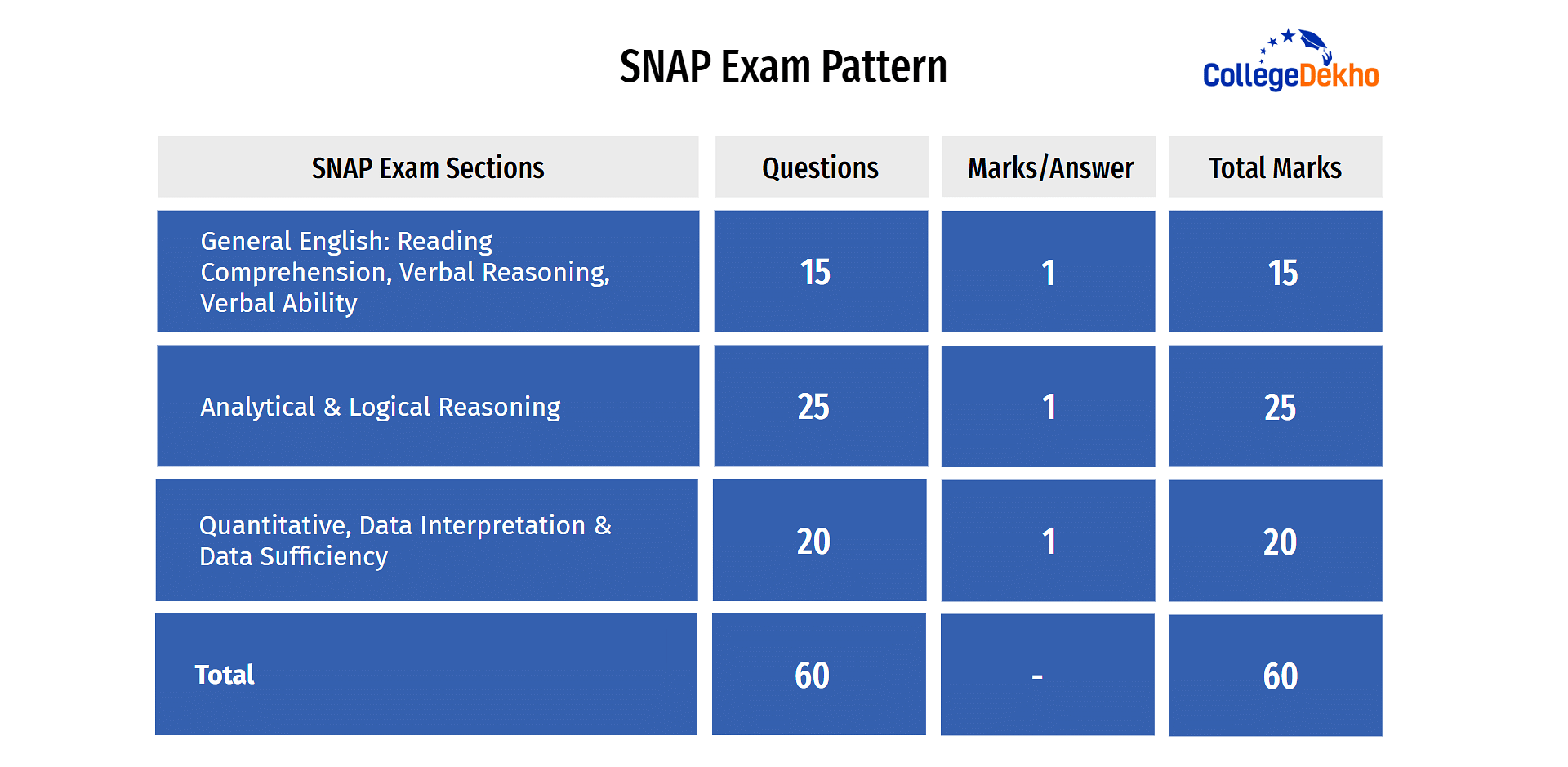Should I time myself while solving SNAP previous year question papers?
Yes, it is highly recommended to time yourself while solving SNAP previous year question papers. Timing yourself will help you simulate the real exam conditions, improve your speed and accuracy, and enable you to gauge your performance within the time constraints of the actual SNAP exam.
Are SNAP previous year question papers available for all sections of the exam?
Yes, SNAP previous year question papers are typically available for all sections of the exam, including General English, Quantitative, Data Interpretation & Data Sufficiency, Analytical & Logical Reasoning, and Current Affairs. These papers can be valuable resources for understanding the exam pattern and practicing questions from previous years.
Can I access SNAP previous year question papers in offline mode?
Yes, you can access SNAP previous year question papers in offline mode. You can visit bookstores or coaching institutes that offer SNAP preparation material. They often have books or question paper sets specifically designed for SNAP, including previous year papers for offline practice.
How many SNAP previous year question papers should I solve?
It is recommended to solve a sufficient number of SNAP previous year question papers to familiarize yourself with the exam pattern, question types, and time management. Aim to solve at least 5-10 papers to gain a better understanding of the level of difficulty and to identify areas for improvement in your preparation.
Can SNAP previous year question papers predict the exact questions in the upcoming exam?
No, SNAP previous year question papers cannot predict the exact questions in the upcoming exam. While practicing previous year papers can help in understanding the exam pattern and types of questions, the actual questions in the SNAP exam are unique and may vary each year.
How can I analyze my performance using SNAP previous year question papers?
Analyzing your performance using SNAP previous year question papers involves solving the papers under timed conditions, identifying your strengths and weaknesses, reviewing incorrect answers, understanding the patterns and trends of questions, and assessing your overall accuracy and speed. This helps you gauge your readiness and plan your preparation accordingly.
Can I solely rely on SNAP previous year question papers for preparation?
While SNAP previous year question papers are valuable resources for understanding the exam pattern and gaining familiarity with question types, relying solely on them may not be sufficient. It is recommended to supplement your preparation with comprehensive study materials, mock tests, and practice papers to cover a wide range of topics and enhance your overall readiness for the exam.
Are SNAP previous year question papers available for free?
Some online platforms offer SNAP previous year question papers for free, while others may require a subscription or purchase. The official website may also provide free access to a limited number of previous year papers.
Are SNAP previous year question papers available for free?
Some online platforms offer SNAP previous year question papers for free, while others may require a subscription or purchase. The official website may also provide free access to a limited number of previous year papers.
Why is it important to solve SNAP previous year question papers?
Solving SNAP previous year question papers is crucial for exam preparation as it familiarizes you with the exam format, helps you understand the question patterns, improves time management skills, and provides insight into the level of difficulty. It allows you to assess your readiness and identify areas for improvement.
Where can I find SNAP previous year question papers?
You can find SNAP previous year question papers on various online platforms. Official SNAP websites and forums, educational websites, and coaching institute websites often provide access to these papers. Additionally, you can also find them in books or study materials specifically designed for SNAP preparation.













